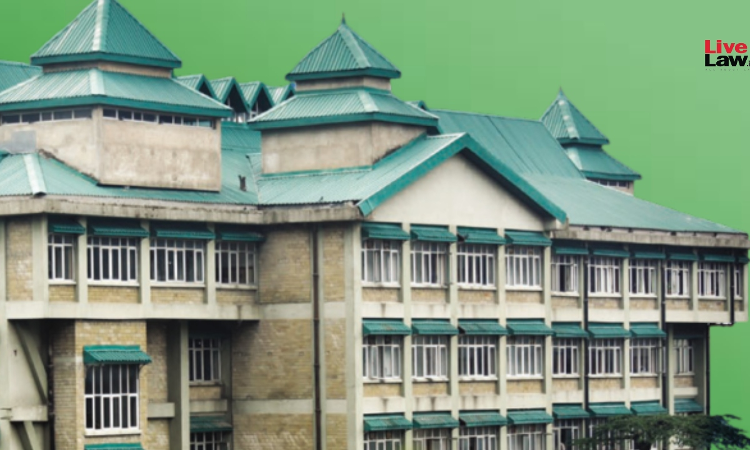The Himachal Pradesh High Court has stayed the service tax-cum-divisional commissioner’s order as GSTAT was not constituted.The bench of Justice Sandeep Sharma has observed that in the absence of GSTAT i.e., the appellate tribunal, the petitioner had no option but to approach the High Court by way of a petition filed under Article 227 of the Constitution of India, which otherwise empowers...

